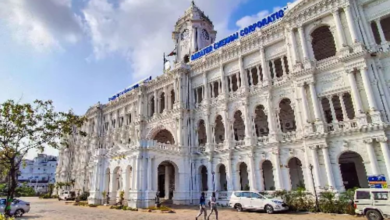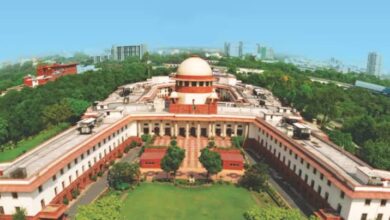
Introduction
Osmania University, a prominent educational institution in Telangana, has recently issued a directive prohibiting all forms of protests, dharnas, and demonstrations within its campus premises. This decision has sparked significant political backlash, with leaders from the Bharatiya Janata Party (BJP) characterizing the move as an ‘undeclared emergency’ and an infringement on democratic freedoms.
University’s Directive
The administration of Osmania University cited disruptions to academic and administrative activities as the primary reason for enforcing the ban on campus protests. The university emphasized the need to maintain an environment conducive to education and scholarly pursuits, free from interruptions caused by agitations and demonstrations.
Political Reactions
BJP’s Stance
Leaders from the BJP have vehemently opposed the university’s decision. They argue that such a ban suppresses the fundamental rights of students to express dissent and engage in democratic practices. The BJP has labeled this action as an ‘undeclared emergency,’ suggesting that it mirrors authoritarian tendencies reminiscent of past political suppressions.
BRS’s Response
K.T. Rama Rao (KTR), working president of the Bharat Rashtra Samithi (BRS), also condemned the ban, describing it as a direct attack on democracy. He criticized the ruling Telangana Congress government for reneging on its electoral promise to uphold democratic rights, particularly the right to protest. KTR highlighted the historical significance of Osmania University in democratic movements and warned against attempts to suppress student voices.
Historical Context
Osmania University has a rich legacy of being at the forefront of various democratic and social movements in Telangana. The institution has historically served as a hub for student activism, playing pivotal roles in political and social reforms. The recent ban is perceived by many as a departure from this tradition, raising concerns about the future of free expression on campus.
Legal and Ethical Implications
The prohibition of protests within a university setting raises critical questions about the balance between maintaining institutional order and protecting individual rights to free speech and assembly. Legal experts and civil rights advocates may argue that such bans could set a concerning precedent, potentially leading to the erosion of democratic principles within educational institutions.
Conclusion
The decision by Osmania University to ban campus protests has ignited a broader debate on democratic rights and freedoms within educational institutions. As political leaders and civil society continue to discuss the implications of this move, the situation underscores the ongoing tension between institutional regulations and individual liberties in India’s democratic landscape.










